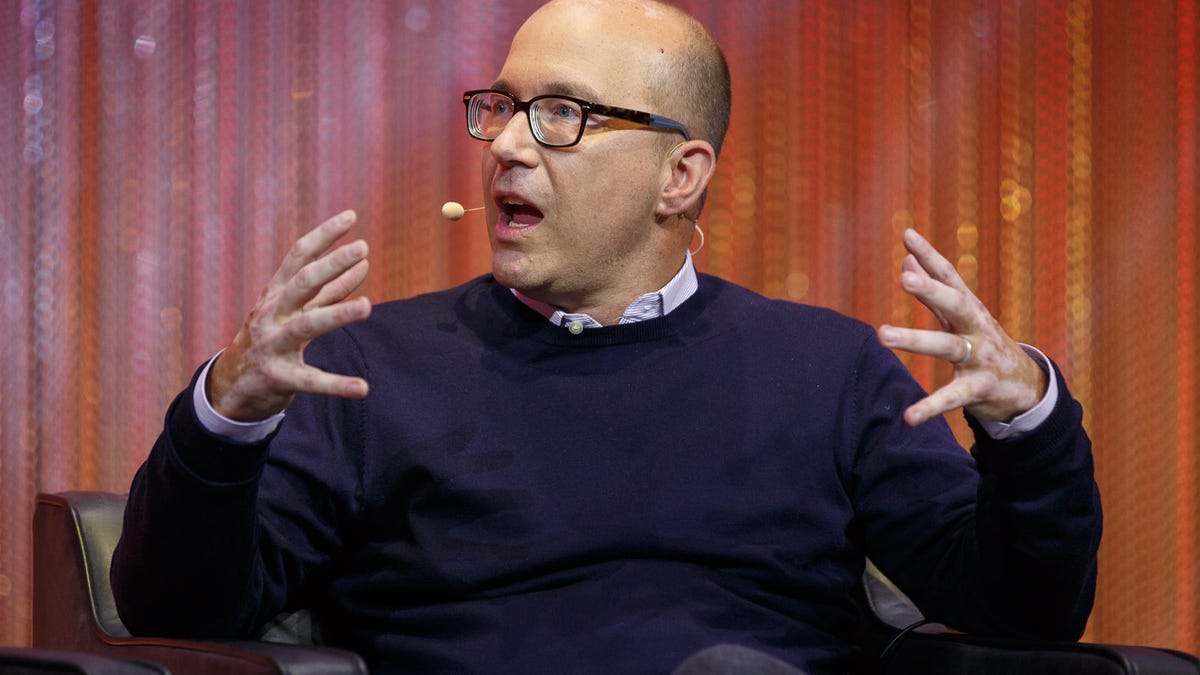Twitter VP: employees don't care that the IPO made them rich
Going public was a big day for Twitter, but Twitter's Michael Sippey said it was just another day at the office for the company's employees. Also: Google Glass needs work.

PARIS -- What was it like at Twitter the day it went public, producing an office full of millionaires? Ho-hum, according to Michael Sippey, vice president of the company's products.
"People don't care about it. I don't care," he said, speaking at the LeWeb conference here. The day of the initial public offering, the San Francisco staff showed up at 6 a.m., watched the stock begin public trading, and, at 7:30 a.m., got back to work.
He insisted Twitter's core mission is what gets people to show up at the office.
"Reaching everybody on the planet -- that's what brings everybody in today," he said. "The market invests in the future of the company. That's what we're focused on."
It's hard to imagine an office not being a bit giddy on a day that the stock popped 73 percent. But certainly complacency would be ill-advised, with new rivals like Snapchat bursting onto the scene and with powerful rivals like Facebook expanding their services.
Facebook was smart to acquire Instagram, Sippey said. That move caused some indigestion among Twitter users who'd used it and didn't like how it was sidelined, but Twitter has been beefing up its photo abilities, too -- showing photos on people's timelines, for example. And Facebook is more private than Twitter, he said, which fundamentally distinguishes the services.
As Sippey explained, Twitter is the only platform at scale focused on public content that is live, in conversations, and can be distributed everywhere.
Also at the conference, Sippey said he's keen on wearable computing, but finds Google Glass rough around the edges so far.
"I think they have a bunch of work to do," he said of Google Glass, for which Twitter has made an app. "A lot of people will have to figure out the social dynamics of how to have a heads-up display while talking to people."
Eventually, though, Glass or devices like it will become ordinary.
"Wearable [computing] will happen. It will absolutely happen. Just look at all the Fitbits," he said. "The long-term trends are that processing is getting more powerful and cheaper, devices are getting smaller, hopefully battery power will continue to extend, and bandwidth will be more pervasive, cheaper, and lower power," he said. "Devices will shrink and shrink and shrink, whether on your head, your wrist, your belt, or injected in your body."

